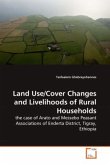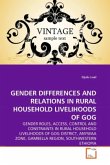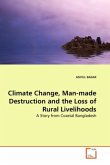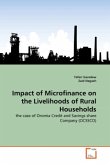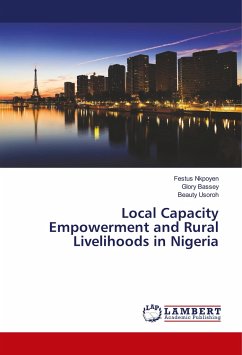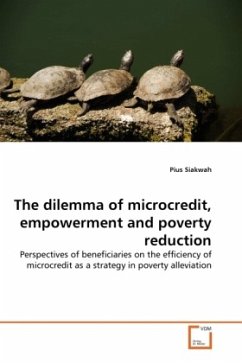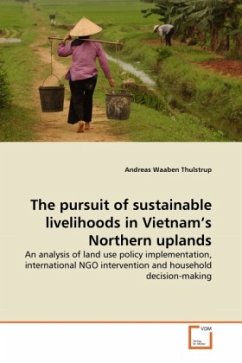Poor people draw their livelihood from diverse range of portfolios; some are creative such that they transform their daily activities within their culture into livelihood means by developing these activities such as weaving, artifacts and rituals with their entrepreneurial knowledge into businesses. This is the exact case in the Bolgatanga municipality where people have transformed local craft making into business ventures thereby diversifying their income stream and helping them fight poverty. The handicraft industry, is part of the fragmented tourism sector, is an important local livelihood alternative in Bolgatanga municipality of the Upper East Region of Ghana. The focus of this book assesses the activities of the craft sector, its impact on the livelihood of the poor in the municipality and makes appropriate recommendations for the growth and development of the sector. This book first and foremost aims to contribute to knowledge along local livehoods systems and targets practitioners of rural enterprise, academia in the field of Rural development, student seeking knowledge of practices of local livelihoods in Sub Sahara Africa.
Bitte wählen Sie Ihr Anliegen aus.
Rechnungen
Retourenschein anfordern
Bestellstatus
Storno


